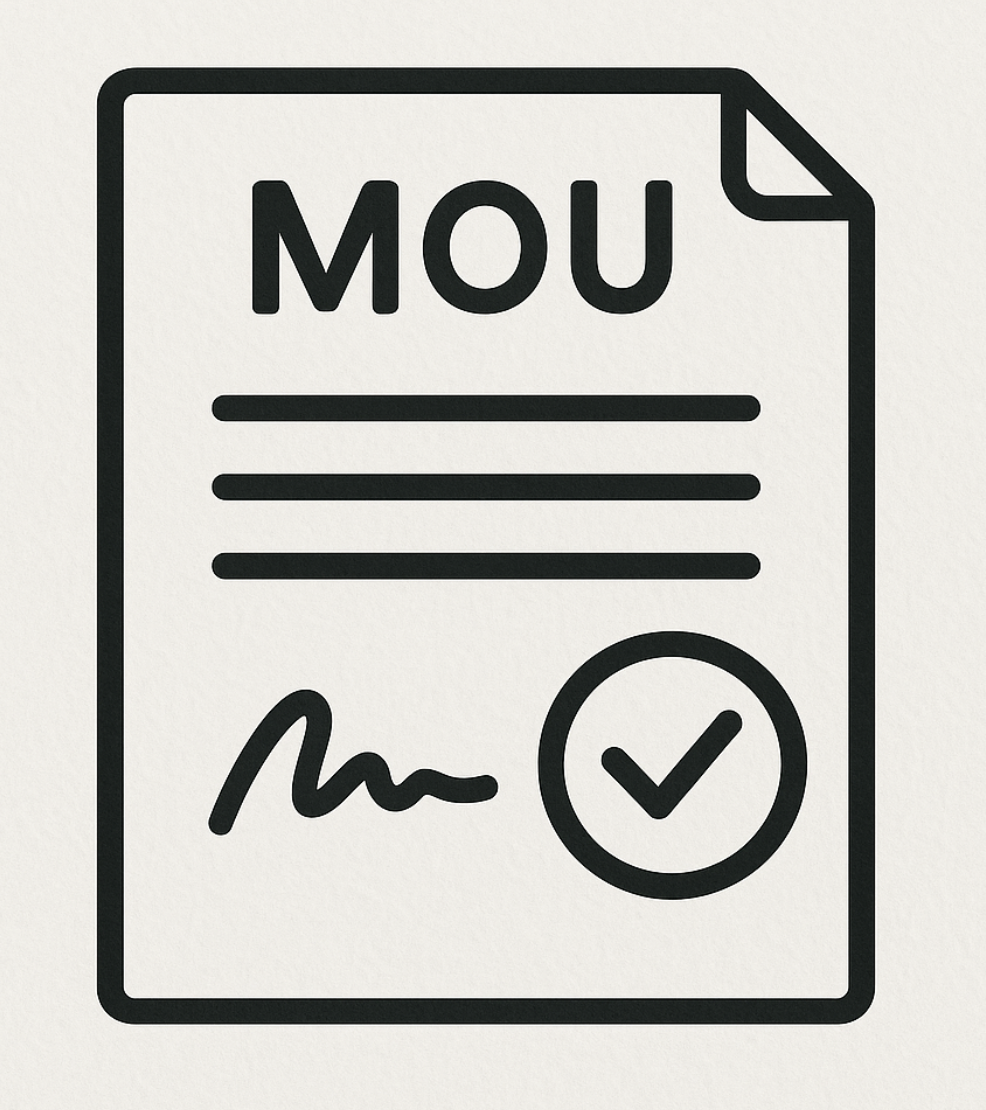UPAYA MENUMBUHKAN KARAKTER CINTA LINGKUNGAN DALAM PERSPEKTIF PEMIKIRAN PENDIDIKAN ISLAM
DOI:
https://doi.org/10.18592/jtipai.v11i2.6137Abstract
ABSTRACTNature is the locus of manifestation of all divine names and attributes, so destroying nature means destroying the "face" or sign (verse) of God on earth, violating His mandate to protect, and violating the mandate of creation. The preservation of the natural environment requires care and compassion. Overexploitation, greed and mistreatment of some humans towards nature will eventually be able to make humans miserable themselves. Efforts to grow the character of love for the environment are needed for the establishment of harmonious relations with other creatures as fellow creations. Responsive theological thinking is needed to build an attitude of caring for others. With it, humans as the main cosmos of this nature and also as His caliph on earth are able to utilize and manage the universe for the good and benefit of all His creatures.KEYWORDS: Love the environment; Exploitation; Sustainability of Nature; Theology.ABSTRAKAlam adalah lokus manifestasi dari seluruh nama-nama dan sifat-sifat Ilahi, maka merusak alam berarti merusak “wajah” atau tanda (ayat) Tuhan di muka bumi, melanggar amanah-Nya untuk menjaga, dan melanggar amanah ciptaan. Penjagaan kelestarian alam lingkungan menghajatkan kepedulian dan kasih sayang. Eksploitasi berlebihan, keserakahan dan perlakuan buruk sebagian manusia terhadap alam pada akhirnya akan dapat menyengsarakan manusia itu sendiri. Upaya menumbuhkan karakter cinta lingkungan diperlukan untuk terjalinnya relasi yang harmoni secara maslahat dengan makhluk yang lain sebagai sesama ciptaan-Nya. Pemikiran teologi yang responsif diperlukan bagi terbangunnya sikap peduli kepada selainnya. Dengannya manusia sebagai pengkosmos utama alam ini dan juga sebagai khalifah-Nya di muka bumi mampu memanfaatkan dan mengelola alam semesta untuk kebaikan dan maslahat bagi semua makhluk-Nya.KATA KUNCI: Cinta Lingkungan; Eksploitasi; Kelestarian Alam; Teologi.References
Amal, Taufik Adnan, Metode dan Alternatif Neomodernisme Islam, Bandung: Mizan, 2013. Ashraf, Ali, Horison Baru Pendidikan Islam, Jakarta: Pustaka Firdaus, 2012
Bigge, Morris L., Learning Theories for Teachers, USA: Harper and Row, Publisher, Inc, 2008. Hamdie, Muhammad Rafi’ie, Al-Assâsu ila Tharîq al-Haq, Jilid III, Banjarmasin: LP-KDP, 1988. Hijazy, Hasan bin Ali al-, Manhaj Tarbiyah Ibnu Qayyim, Jakarta: Pustaka al-Kautsar, 2001. Idris, Ja’far S., Islam dan Perubahan Sosial, Bandung: Mizan, 2014.
Jalal, Abdul Fattah, Min Ushul al-Tarbiyah fi al-Islam, Kairo: ttp. 1977.
Kailani, Majid Irsan al-, al-Fikr al-Tarbawiy ‘inda Ibnu Taimiyah, Madinah: Maktabah Dar al-Turas, 1986. Maududi, Abu A’la al-, Human Right in Islam, ab. Ahmad Nashir Budiman, Bandung: Pustaka, 2005. Munawwar, Said Agil Husin al-, Aktualisasi Nilai-Nilai Qur’ani dalam Sistem Pendidikan Islam, Jakarta:
Ciputat Press, 2005.
Mohammed, Yasien, Insan Yang Suci, Konsep Fitrah Dalam Islam, Bandung: Penerbit Mizan, 2007. Nasution, Harun, Teologi Islam, Aliran-aliran Sejarah Analisa Perbandingan, Jakarta: UI-Press, 2016. Quthub, Muhammad, Sistem Pendidikan Islam, Bandung: PT Al-Ma’arif, 2013.
Shadr, Muhammad Baqir al-, Sejarah dalam Perspektif Al-Qur’an, Sebuah Analisis, Jakarta: Pustaka
Hidayah, 2012.
Shihab, M. Quraish, Tafsir Al-Misbah, Jakarta: Lentera Hati, 2005.
________, Membumikan Alquran; Fungsi dan Peran Wahyu dalam Kehidupan Masyarakat, Bandung:
Penerbit Mizan, 2012.
Syahriansyah, Pemikiran Tasawuf M. Rafi’ie Hamdie, Banjarmasin: Antasari Press, 2015 Tafsir, Ahmad, Ilmu Pendidikan Dalam Perspektif Islam, Bandung: Remaja Rosdakarya, 2004
Downloads
Published
How to Cite
Issue
Section
License
Authors who publish with this journal agree to the following terms:
- Authors retain copyright and grant the journal right of first publication with the work simultaneously licensed under a Creative Commons Attribution License that allows others to share the work with an acknowledgement of the work's authorship and initial publication in this journal.
- Authors are able to enter into separate, additional contractual arrangements for the non-exclusive distribution of the journal's published version of the work (e.g., post it to an institutional repository or publish it in a book), with an acknowledgement of its initial publication in this journal.
- Authors are permitted and encouraged to post their work online (e.g., in institutional repositories or on their website) prior to and during the submission process, as it can lead to productive exchanges, as well as earlier and greater citation of published work.










